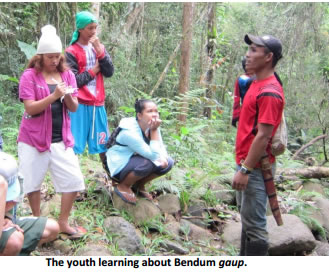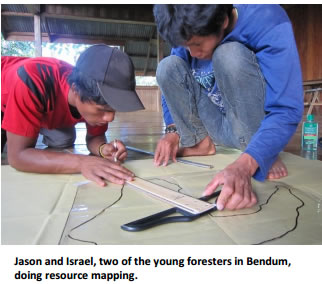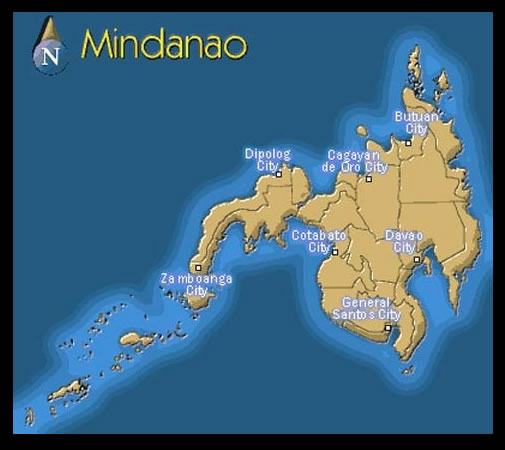
Pope Francis is pictured with youths at ANAK-Tnk foundation www.nbcnews.com
As discussion and controversy ebb to and fro in the wake of Pope Francis’ encyclical Laudato si’, Fr Peter Walpole SJ and his team roll up their sleeves as usual and continue their long-term work on the river flood planes and forestry education in the Philippians.
In his recent update he says: “The reality that we work for is that of peace and sustainability. We seek to find ways that our children will have a good life contributing to society and benefiting from greater national sustainable development.”
Today’s youth is challenged by uncertainty
In an interview with the Irish Jesuit Missions, Fr Peter explained that while the Filipino youth he works with are not included in the global economy, they still experience uncertainty for the future. They want to make changes as they seek to find creative ways of living in relation to the land.
As young people living in rural environments, they see the value in connecting with urban dwellers and local government so their concerns can be addressed. They are trying to keep a quality of life, with a balanced consumption and lifestyle security.

When Peter worked with young Japanese men and women, he found they were deeply concerned by work insecurity, lack of identity and self worth. They are highly proficient technically but not so in personal relationships. Their lives are very calibrated and cannot experience the fullness of life.
A passion for teaching forest management
The passion for teaching and commitment to educate children and youth remain the same as always. Fr Peter adds: “We are so committed that we even help in conceptualising the curriculum for Grade 7.” He admits that it was not easy: “This gave us so much headache but it was worth it!”
The Society of Jesus has long recognised the influence that education has on individuals, their environments, communities and countries. Jesuits believe the education of people for service is worth a lifetime of dedicated labour on their part.

Forest management is undertaken as an ecological service to the balancing of the environment of surrounding communities in Mindanao. Fr Peter continues: “We seek to do this while producing the food and having the economic inclusion through a local agriculture that sustains the relations of the land. We may contribute no wood as in logs, but (we contribute) carbon as in living forests, water and air”.
Building management capacity is the next step as the young people train to farm to feed themselves and stabilise their lifestyles in an effort to offset the disruptive movement of large scale commercial farming. As yet, the big food producing companies have not impacted on the areas they cultivate.

Mindanao map courtesy of filam.si.edu
For further information see: Educating indigenous children within their culture
Website: www.apc.essc.org.ph
Article compiled 24th July 2015

